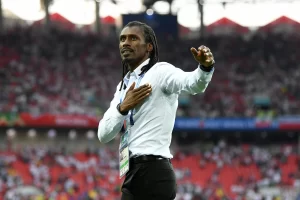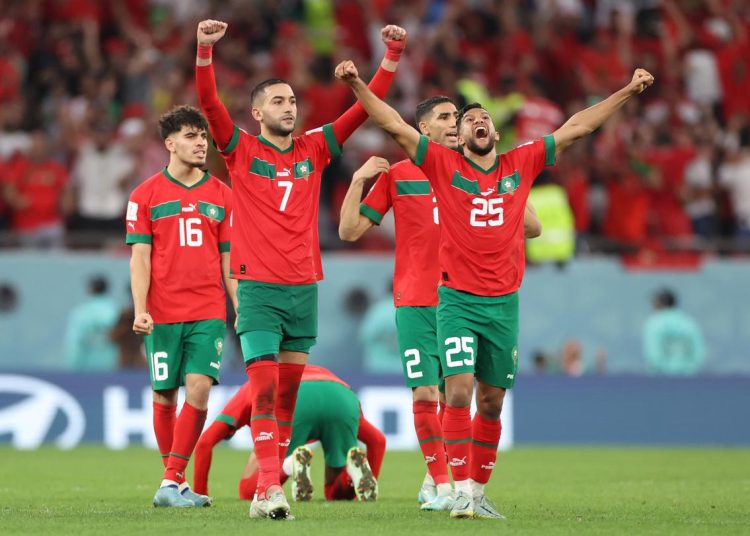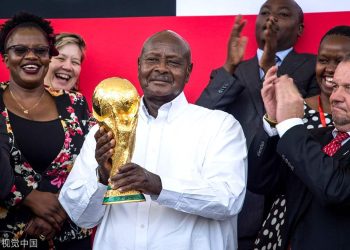The sound of the final whistle at the Al Bayt Stadium was met by an unusually satisfied reaction by the team that lost on the day. The fans of Morocco and most neutrals inside the 68,000-seater arena continued singing and chanting after the Atlas Lions were finally awoken from their dreams.
Morocco was the last African nation standing after the other four could not get past the second round with three of them eliminated at the group stage. After the first round of games an all too familiar script looked to be playing out for African football fans. Five games played, three losses, two draws and only Ghana putting the ball in the back of the net in a defeat by Portugal.

However, as Qatar 2022 draws to a close, the outlook looks very different. Every single team from the continent went on to win a game in its group for the first time in history, two teams made it out of the group stages – a joint record – and Morocco became the first African nation to reach the last four where they would eventually fall.
The man at the helm of the Atlas Lions’ success is a Moroccan born tactician Walid Regragui surprisingly he holds both Moroccan and French citizenship.
For decades, Africa has produced some of the best players to grace the beautiful game, but that hasn’t always been the case for the continent’s coaches. A lack of proper infrastructure for the development of coaches, coupled with next to no opportunities afforded to them at the highest level has meant that historically African nations have more often than not been led by European managers.
In African footballing circles, these coaches are often referred to – less than flatteringly – as “plumbers.” But the trend of African nations employing foreign managers is changing. For the first time in history, all five of the African countries at the World Cup were coached by home nationals and all enjoyed some success to varying degrees.

Before the tournament, Samuel Eto’o who is the president of the Cameroonian Football Association made a rather outlandish prediction that all five African countries would make it out of their groups and the final would be contested between Morocco and Cameroon.
He was widely ridiculed for that statement, but his tongue-in-cheek comments were more about changing the way his nation and continent see themselves. But if countries want to improve on Africa’s record-breaking performance during Qatar 2022 at the next World Cup where nine teams from Africa will compete, then that positive mindset has to be maintained.
But if those nations that did not qualify such as Nigeria, Algeria, Ivory Coast and Egypt want to build on the success seen in Qatar, they will have to think about following the example of the five nations that made the continent proud.
There is still much work to do but after decades of African frustration and disappointment on the world stage, Qatar 2022 could be the turning point to transform the continent’s fortunes and for one of its teams to win the World Cup.





























